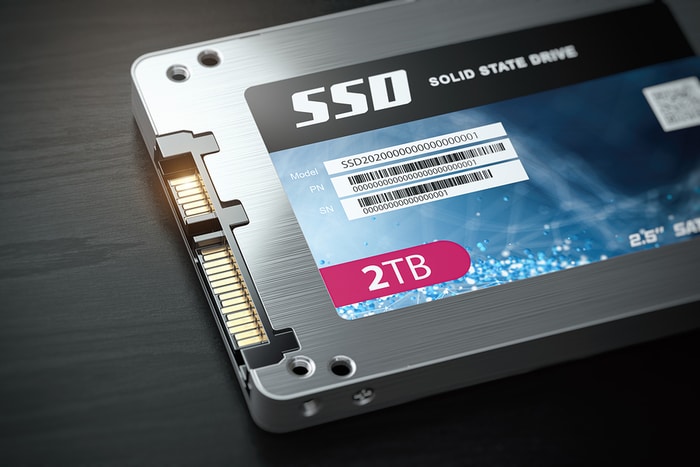Data storage is a critical element of the business world. Without data, sales and marketing teams might go back to the age of knocking on random doors, hoping to gain a sale. Other adverse effects may also take place without the presence of valuable business data. Thus, it’s crucial for any business, regardless of the industry, to manage its data properly.
Here are three data storage maintenance tips to help your organization in that regard.
1. Consider the Available Storage Options
Businesses have different options for data storage maintenance. Before, you might think of keeping mounds of paperwork in file cabinets as the only storage solution. Now, you have multiple selections to choose for your business data storage needs.
Some of these storage options include:
- Flash Drives: Also called thumb, pen, or USB drives, flash drives can be an appealing data storage solution for businesspeople that are on-the-go. The device is portable, and you can store thousands of documents and other files in that tiny gadget.
But, be careful where you place it since some flash drives tend to be too small for comfort. Therefore, you can quickly lose the device and all your valuable data if you’re not careful. - External Hard Disk Drives (HDD): If you want more space than the conventional flash drives, opt to use external HDDs for your business instead.
External HDDs are ideal for businesses that need hundreds of megabytes to store large amounts of data. Although these devices are bulkier than flash drives, you get unique advantages in return.
For example, some external HDDs have rugged exteriors to ensure your data is safe when the gadget falls (provided that the device doesn’t break into tiny pieces).
- Online Storage: You might see online storage as an umbrella term for an array of available digital storage maintenance selections. Two of these options include remote file servers and cloud storage solutions.
Unlike flash drives and HDDs, you don’t have to carry a peripheral to access business data when using online storage. But, some of these digital storage maintenance solutions offer limited space, and you need to pay extra cash to gain more memory.
While choosing a fitting business data storage solution, it’s important to think of your company’s budget and other essential factors. To avoid unnecessarily wasting your organization’s hard-earned cash, take the time to research the various options available.
2. Outsource Your Storage
Perhaps your business is in the process of rapid growth. While you’re enjoying a pat on the back, don’t forget to organize and maintain your business data correctly.
Rapid organizational growth can and will be an exciting achievement for many business owners. However, your firm’s data storage allocations might be filling up fast.
At this point, instead of keeping the data locked behind your company’s walls, consider outsourcing your storage. Outsourcing your data storage maintenance entails numerous benefits for your firm, including:
- Data Recovery – Outsourced Information Technology (IT) specialists can recover damaged or lost data.
- Improved Security – The IT firm handling your data places enhanced security measures to ensure protection against hacking and other cyberattacks.
- Enhanced Document Organization – An outsourced IT firm may improve data organization to help businesses find data quickly.
- Eliminate Costs – Outsourced data storage solutions eliminates the costs of hiring more in-house employees to handle document and file maintenance.
3. Never Forget to Backup
It’s easy to get caught up in the hustles-and-bustles of everyday business life. Hence, you might forget about backing up your organization’s data.
Failure to back up your data can lead to catastrophic events. For example, you return to your office after a stormy weekend, only to find out that your in-house data servers got damaged or destroyed from the natural calamity.
To avoid this from happening, use an automatic backup feature from a reliable storage management software. Remember, there’s no such thing as backing up too much.
In other words, don’t hesitate to back up your data twice or even three times. Send your backed-up data to different sources in case one storage solution becomes unavailable. For example, start the backup procedure by copying all pertinent and relevant files to a physical device, like a flash drive or external HDD.
Next, back up your documents and files in a cloud storage solution. So, if your physical storage device corrupts or destroys your data, you still have the data in the cloud storage to prevent tragic data loss.
Conclusion
To help ensure that your business stays afloat, never forget about proper data storage maintenance. Consider outsourcing your data storage solutions, and make sure to back up your data regularly.
With these tips, you can reduce the risks of data loss, which might prove to be highly damaging for your business.


